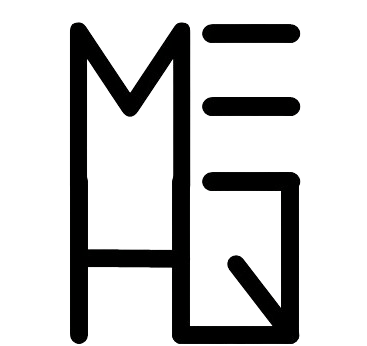Preparing for any exam is difficult, let alone one that can help shape your entire career trajectory. If you’re ultimate goal is pass the Principles and Practice of Engineering Exam and become a fully licensed Professional Engineer, the first step in the process is passing the Fundamentals of Engineering Exam (FE).
However, that task is definitely easier said than done. The FE Exam is an extremely challenging test that requires discipline and dedication, and is likely an exam unlike any you’ve taken to date. Here are seven tips to help you pass the FE exam on your first attempt.
Get Organized
The first step in passing the FE exam is to get organized. Do not dive head first into studying without having a gameplan. That is a recipe for disaster.
To start, I would strongly recommend familiarizing yourself with how the FE exam is structured. Take a look at the format, topics covered, time constraints, etc. This will not only help you craft a study schedule that works with your individual calendar, but it will also help you form a plan for how to study and which topics to focus on.
Next, look at how much time you have available to study each week. Though estimates of total time necessary to study for the FE exam vary widely (depending on how long you’ve been out of school, discipline, and frankly, how good you are at taking standardized tests), plan on spending at least 150 hours studying. For some, it may be 200 hours or more.
From there, you can back into how many weeks you need. For example, if you plan to study 10 hours per week, and you figure you’ll need 160 total hours, plan on 16 weeks. Simple math. You’re an engineer.
Consider Purchasing A Prep Course
I would highly recommend you research and consider purchasing an FE exam prep course to help guide your studies. Yes, I know these types of prep courses are somewhat expensive. You’ll likely have to spend anywhere from $500 to $2,000 for a good one.
However, in my experience, prep courses are well worth the money. Remember, we’re talking about your career here, not a middle-school math test with little to no importance. Most prep courses include practice problems with detailed answer explanations, prep books, video lessons, and in some cases, even live online classes.
In other words, they provide everything you need in one package as opposed to you trying to save money piecing together study materials from different sources. Bottom line, prep courses offer you the best shot of passing the FE exam on your first try.
Track Which Topic Areas You Need The Most Help With
As you begin studying, monitor and keep track of which topics you struggle with. You’ll want to make sure to jot down notes as you can come across unfamiliar concepts and subject matter to keep reminding yourself where you can improve. That way you can constantly adjust your study plan to turn your weaknesses into strengths.
I would recommend keeping a spreadsheet running of your performance on practice tests based on question type. I know that sounds nerdy, but it can really help you zero in on weaknesses and avoid wasting time on subjects you clearly have a mastery of. In fact, some of the FE courses I referenced above offer these analytics built in.
Get Comfortable With Your Calculator
Make sure to practice using an approved calculator as you study. That way you can become familiar with the different functions and advanced features of the calculator in order to ensure there are no hiccups come the big day. A popular choice among aspiring engineers is the TI-36X Pro calculator.

In the same vein, make sure to practice using the digital handbook. Don’t practice with printed copies of the handbook or your reference manual. Yes, the equations are the same, but the process to find them isn’t. You want to condition yourself for the real exam.
Pay Attention To Each Incorrect Answer Choice
As you complete practice problems, be sure to review all of the different answer choice explanations. Do not just zero-in on the correct answer choice, quickly reading it and moving on.
You’ll want to understand the rationale behind all of the answer choices, even the incorrect ones. This will help you better understand the material and give you clues for future problems.
This is especially true for full-length practice exams. Plan on spending at least a half-day reviewing your practice exams to make sure you understand the rationale behind every problem. Don’t go crazy and memorize every little, minute detail, but do spend adequate time reviewing. Honestly, in my opinion, reviewing is more important than taking the test itself.
Practice Under Pressure
You’ll also want to simulate the test day experience as closely as you can. This means completing practice problems under pressure. Come test day, you’ll have just under three minutes to complete each question on average. Therefore, don’t spend eight minutes on one practice question. It’s just not realistic.
You need to train yourself to think through problems in a timely manner, and the best way to do that is to time your practice sessions and hold yourself accountable.
Most prep companies’ practice exams will incorporate a timer, but if not, you’ll definitely want to get a stopwatch out yourself. And don’t just blow through breaks – treat your practice runs like the real thing and stop for designated break times. Again, this will condition your mind and body.
Don’t Cram The Night Before
Lastly, don’t try cramming the night before. It won’t work. If you don’t feel you’re ready, don’t be afraid to push your exam date back to the next available date. The best thing you can do the night before the big day is relax, let your brain get some rest, and go to bed early. A full night of sleep will serve you much better than pulling an all-nighter prior to showing up for the exam.



